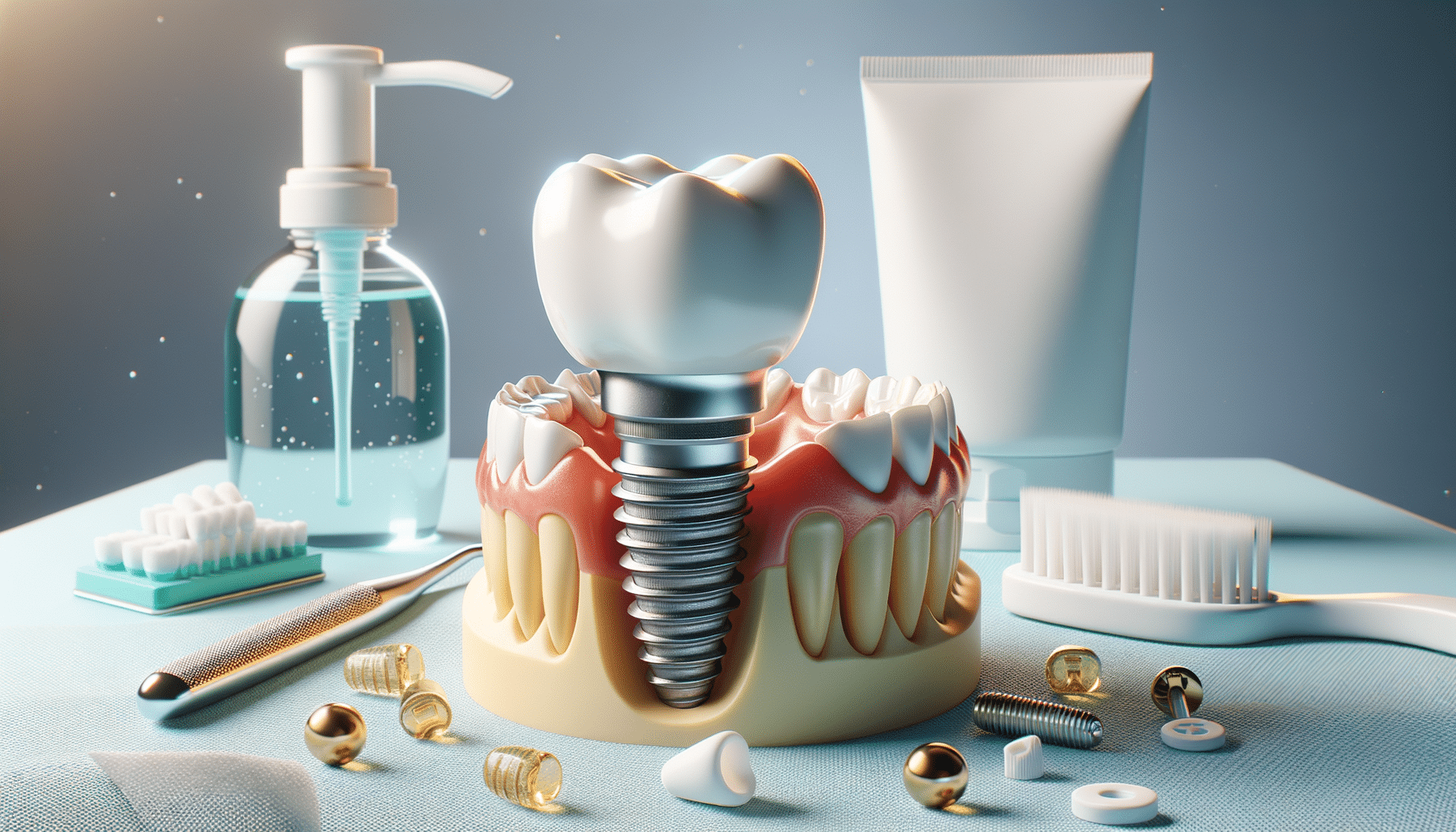
Daily maintenance methods for dental implants
Introduction to Dental Implants
Dental implants have revolutionized the way we approach tooth replacement, offering a durable and aesthetically pleasing solution for those who have lost teeth. Unlike traditional dentures or bridges, dental implants are designed to mimic the natural tooth structure, providing a stable foundation for artificial teeth. This makes them an appealing option for many individuals seeking to restore their smile and oral function. However, like any dental appliance, implants require proper care and maintenance to ensure their longevity and effectiveness. In this article, we will explore the various aspects of dental implant care, providing insights into how you can protect your investment and maintain a healthy mouth.
Understanding the Structure of Dental Implants
To fully appreciate the importance of maintaining dental implants, it’s essential to understand their structure. A dental implant typically consists of three main components:
- The Implant Post: This is a titanium screw that is surgically inserted into the jawbone. It serves as the root of the artificial tooth, providing stability and support.
- The Abutment: This connector piece is attached to the implant post and holds the crown in place.
- The Crown: The visible part of the implant that looks like a natural tooth.
The integration of the implant post with the jawbone, known as osseointegration, is crucial for the success of the implant. This process allows the implant to become a permanent part of the mouth, functioning like a natural tooth root. Understanding these components helps in recognizing the specific care each part requires to prevent complications such as infection or implant failure.
Daily Care and Maintenance Tips
Maintaining dental implants requires a commitment to daily oral hygiene practices. Here are some essential tips to help keep your implants in optimal condition:
- Brush Twice Daily: Use a soft-bristled toothbrush and non-abrasive toothpaste to clean around the implant and crown. This helps remove plaque and prevent gum disease.
- Floss Regularly: Flossing is crucial to remove food particles and plaque from between the teeth and around the implant. Consider using a water flosser for easier access.
- Use Antibacterial Mouthwash: Rinsing with an antibacterial mouthwash can help reduce bacteria in the mouth, preventing infection around the implant.
- Regular Dental Check-ups: Visit your dentist regularly for professional cleanings and check-ups. They can detect any early signs of problems and provide appropriate treatment.
By integrating these practices into your daily routine, you can significantly extend the life of your dental implants and maintain a healthy smile.
Potential Complications and How to Avoid Them
Despite their high success rate, dental implants are not without potential complications. Some of the common issues include:
- Peri-implantitis: An inflammatory condition affecting the soft and hard tissues around the implant, similar to gum disease. It can lead to bone loss and implant failure if not treated.
- Implant Loosening: This can occur if the implant does not integrate properly with the bone or if excessive force is applied to the implant.
- Nerve Damage: Although rare, improper placement of the implant can lead to nerve damage, causing pain or numbness.
To avoid these complications, it is vital to follow your dentist’s care instructions diligently. Regular check-ups allow for early detection and management of any issues, ensuring your implants remain secure and functional.
Conclusion: Ensuring Long-Term Success
Dental implants offer a reliable and aesthetically pleasing solution for tooth replacement, but their success depends heavily on proper care and maintenance. By understanding the structure of implants and committing to daily oral hygiene practices, you can protect your investment and enjoy a healthy, beautiful smile for years to come. Regular dental visits play a crucial role in monitoring the health of your implants, allowing for early intervention if any issues arise. With diligent care, dental implants can provide a lifetime of function and confidence.


